When we think of the word ‘legacy’, mega events like the Olympics and FIFA World Cup immediately spring to mind. These events are known far and wide, and large amounts of time and money go into their organisation, with the aim of positive long-term impacts in the host city through the infrastructure development, event attraction and tourism. But what about smaller events? These are often forgotten, even though they can have just as strong a legacy. The days where meetings were just meetings are over. Audiences expect experiences beyond the act of gathering together, sharing a meal and socialising. What happens at the event is important, but the impact and legacy are significant measures of event success.
In this interview with Meg Strahle, Sustainability Manager at The Bulb Eco, we discuss event legacy in a hybrid world (combining live and virtual events). Both of us have reaped the benefits of event legacy and its power to partnerships. In fact, Meg and I met online, and collaborated on multiple occasions. Meg had helped me to launch and coordinate the Event Planners Talk hackathon in April 2020 and the Event Planners Talk Digital Festival in June 2020. Meg is a source of inspiration and an expert in events management and sustainability. She holds a Master of Research in Sustainable Futures, Master of Tourism in Hospitality and Events and Bachelor in Media Communications.
By working together on these virtual events as a community and learning from each other, we’ve found lasting relationships that have led to new business ventures. We wrote an ebook together and created business plans, resources of which are available to anyone who needs it. Furthermore, through shared learning and experience, we’ve found that participants of our events have gone on to inspire others through their own blogs, social media channels and events.
In this interview with Meg we present elements that event planners can incorporate to generate a lasting impact for their events, no matter how small or large, live or virtual. This interview took place in April. Meg joined from London and I was in Bern at Hotel Kreuz.
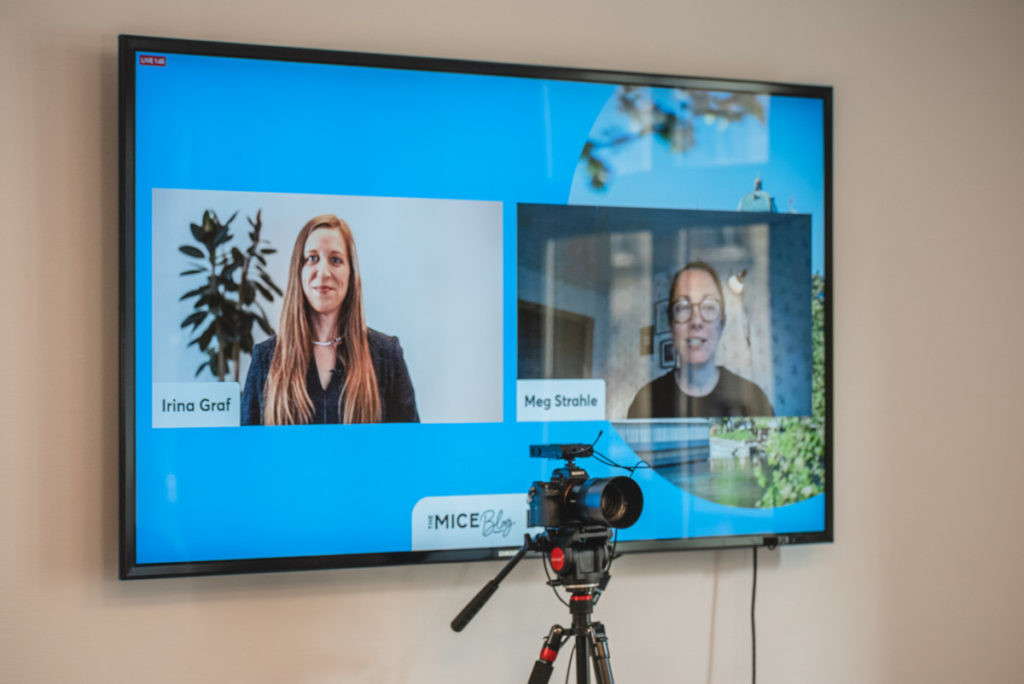
What is legacy?
Legacy is the long-term impact of an event on the destination or the people at the destination. Legacy is something that should be considered for any event, no matter how small or large, but in academic terms it is usually associated with mega events.
What is the difference between the legacy and impact of an event?
Impact is instantaneous and happens immediately after the event, while legacy is the physical long-term social, economic and environmental changes. Legacy is a continued impact that can continue five, 10, 50 years down the road.
How can event legacy be measured?
This is a difficult topic because when you measure something, you need tangible numbers. But legacy is not always tangible; it is the intangible that you can see, but you can’t quite measure. So that’s why legacy cannot be determined immediately. It takes time to actually gauge an impact. Using the Olympics as an example, you could examine the community value of the purpose-built infrastructure five years down the track. What is the amount of upkeep needed to keep the stadiums available for community use and is this being carried out, did the post-event period eventuate in affordable housing, and how do we make life better for the residents? How is the event still impacting the community? Then you look at it in 10, 20, 50 years down the road and at each stage, observe whether it is influencing the community in a positive way. If so, then you know that it left behind a good legacy. But if the stadium is just left there and nobody uses it, you know the legacy planning wasn’t executed right.
In the virtual space, take the example of the #eventprofstalk Twitter chat, a weekly one hour meetup happening on Twitter to connect international event planners and to exchange information about an industry topic. The Twitter chat continues to have event legacy impacts, sending ripples through the event planning community because businesses exist now as a result of the relationships made on the Twitter chat two years earlier.
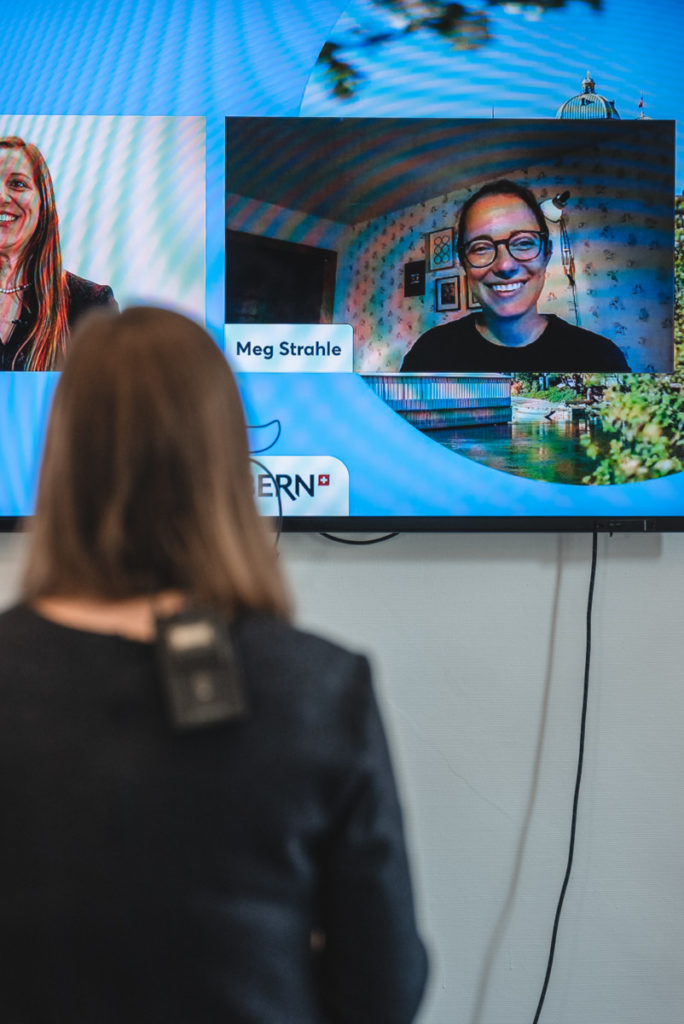
What are the not so obvious aspects of legacy?
The obvious aspects include housing, infrastructure, and participants acquiring new skills, while the non-obvious are giving small suppliers a chance, helping them with economic stability during the event, and considering seasonality and purchasing from them during the low season. When considering event dates, event planners can help with the economic legacy of an event by booking their events during the low season. Think about who benefits from the infrastructure, the locals or tourists?
As event organisers, you have the ability to pick and choose what suppliers you want to use. To create positive legacy impacts, you can use local suppliers or small businesses.
How the pandemic has impacted legacy? Are there any aspects that should be considered now specifically that haven’t been considered pre-pandemic?
I think the pandemic has impacted everyone one way or another. But when we think about sustainability, we have to think about how we are supporting small businesses and consider their business practices, which may offer more bespoke options. And as event organisers working with small businesses, we can select our suppliers and control our sustainability practices (e.g. specifying we don’t want plastic wrapping) while a large business might say ‘No, we have many other clients, we don’t really want to cater for sustainability practices.’ I think what we’re going to see moving forward is that small businesses are more willing to cater to sustainability requirements. And in that vein, you’re more likely to spend more with them.
Why should we be careful when using the word ‘legacy’ so it doesn’t become a buzzword?
I think a lot of event organisers want to be viewed and described as ‘We’re all doing really good’, but we need to take a step back and look at what we’re actually doing and make sure we’re not throwing around terminology like sustainability or inclusion, because such tokenism is really embarrassing for your organisation.
So you need to step back and say, okay, ‘What are we actually doing? Are we doing something that produces a legacy or impact or is it actually greenwashing?’ If we pay lip service to sustainability and inclusion, it can quickly spread throughout social media where people can be harsh. So being more mindful of the terminology you’re using and understanding what it actually means before you use it is important.
What are some examples of event legacy?
- London Olympics 2012: There was new infrastructure, new housing, they cleaned up some areas. Now, while most of that is really well done, some of it is not quite well because they did displace some residents. The bigger picture was that it was well done.
- Event Planners Talk ‘marketplace’ Twitter Chat: at the start of the pandemic, we started setting up a weekly Twitter chat where people go to come and talk about what they are working on, what new skills that they are building, some ideas that they might have. And this year, almost exactly two years down the road, we’re able to look back at the legacy of that micro event. People who met through that Twitter chat now have their own businesses. They have those collaborations. They have new friendships. So that’s why you can’t see it immediately. That happened because we were all online. Doesn’t need to be a physical in-person to have an impact.
- When hosting a corporate event in a medium to small destination that has a community farm, you can take the group on a tour, use local producers for your events, and buy souvenirs from local farmers. Work with social enterprises at the destination. Think small.
How can we plan for legacy? Can you plan for it at all or is it just something that happens naturally because of the interaction of the people at the event and the infrastructure that is being built?
It has to be intentional. When you’re thinking about physical events, you have to plan for it. You need to consider the local environment of the event. Depending on the size of the event, ask locals what they need (more green space, more housing, more space for the community to meet). Because you don’t live at the destinations, don’t just guess, ask! When it’s a small event, involve local suppliers, and encourage economic legacy by shortening the supply chain.
We are missing a way to connect with the local suppliers and the local community we’ve seen during the pandemic. We’ve all been stuck inside and only doing virtual events but moving into in-person. We want those social connections and we want genuine connections that will last a long time. Small actions can create big impacts. We create value by working with local suppliers and intentionally building a legacy of doing work, and investing in environmental sustainability, social sustainability and economic sustainability. When you plan for these things, it doesn’t need to be anything really elaborate, especially if you don’t have a lot of time or money. You can just do one small thing and then do another small thing at the next event. Just take it one step at a time.
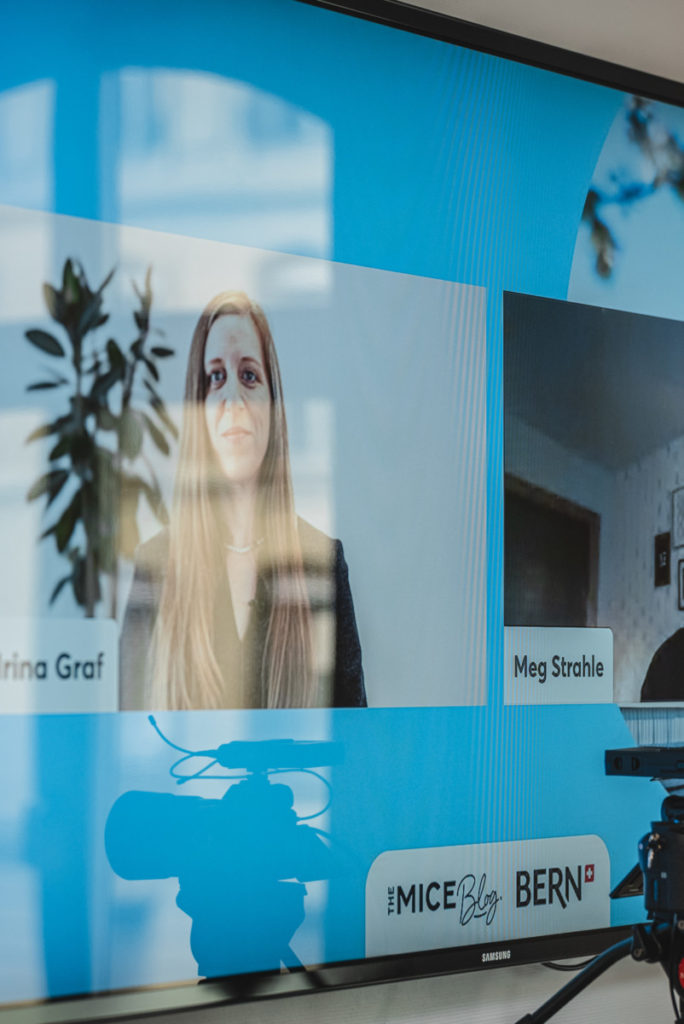
To conclude
The understanding of event legacy is fast evolving. This concept was once reserved for mega events, but now any size event and format has the power to leave an impact on the audience, the community and the destination. Attendees expect more from the events than they ever have before. Events increasingly have a larger meaning and purpose, to make a positive difference in the world and leave a destination better off than before the event. You need to plan intentionally for legacy and the impact that you want your event to leave behind.
My personal takeaways from this interview is to be more intentional about creating legacy. It was a coincidence that the connections created at our virtual events created a legacy and impact, but what could have been achieved if we had planned for this in advance?
I loved how Meg suggested starting small. It’s easy to get overwhelmed and try and reach for the biggest number and high ambitions. But when starting and not knowing how to plan for legacy, adding one new thing to an event at a time can eliminate the stress and confusion and be much easily implemented and tracked.
Unfortunately, I see the word ‘legacy’ thrown around a day after the event ends as a marketing exercise. But Meg highlighted that it can be seen only five, 10, 20, 50 years down the line. We should be very careful in how we communicate this. I do think that the legacy of virtual events can be measured sooner than those of live events because there’s no element of infrastructure. Now more than ever, in a world where digital technology is inextricably intertwined with our physical activities and experiences, creating an event with a meaningful impact and legacy requires a new way of thinking that takes into consideration all the lessons we’ve learned during the two years of the pandemic and remote work: go local, think about your virtual audience and how your event is creating a legacy socially, economically and environmentally.
Events have a huge impact on the world, and it is up to us to make it as positive as possible!
Sponsored content. In collaboration with Bern Convention Bureau.
Venue: Hotel Kreuz.


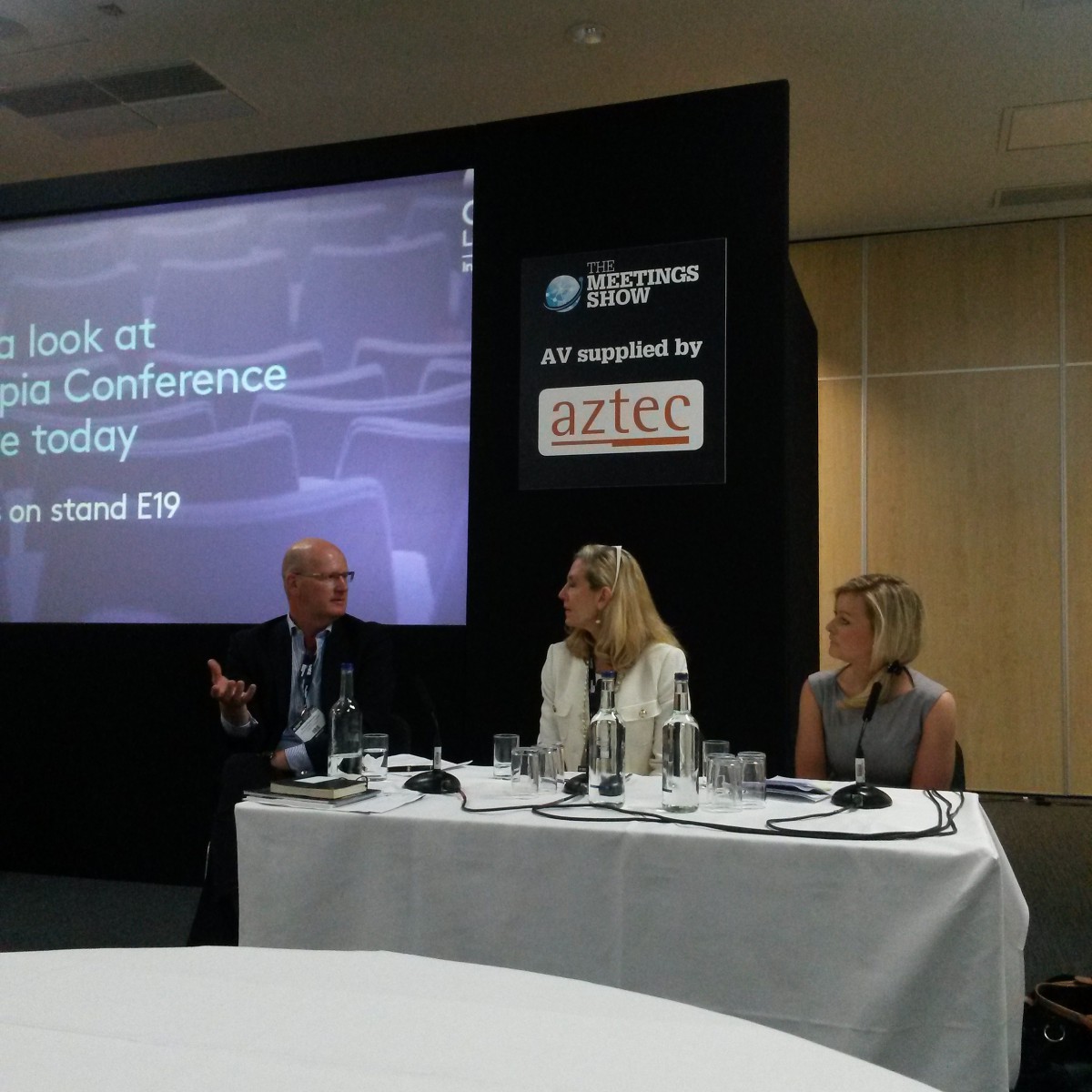
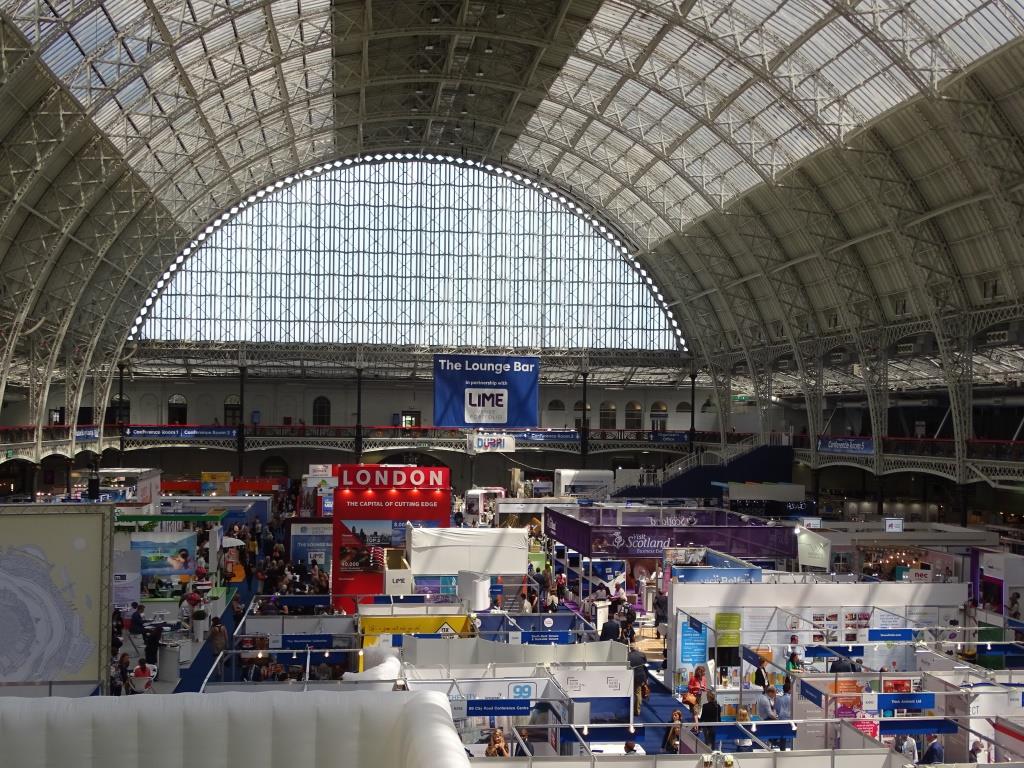
No Comments